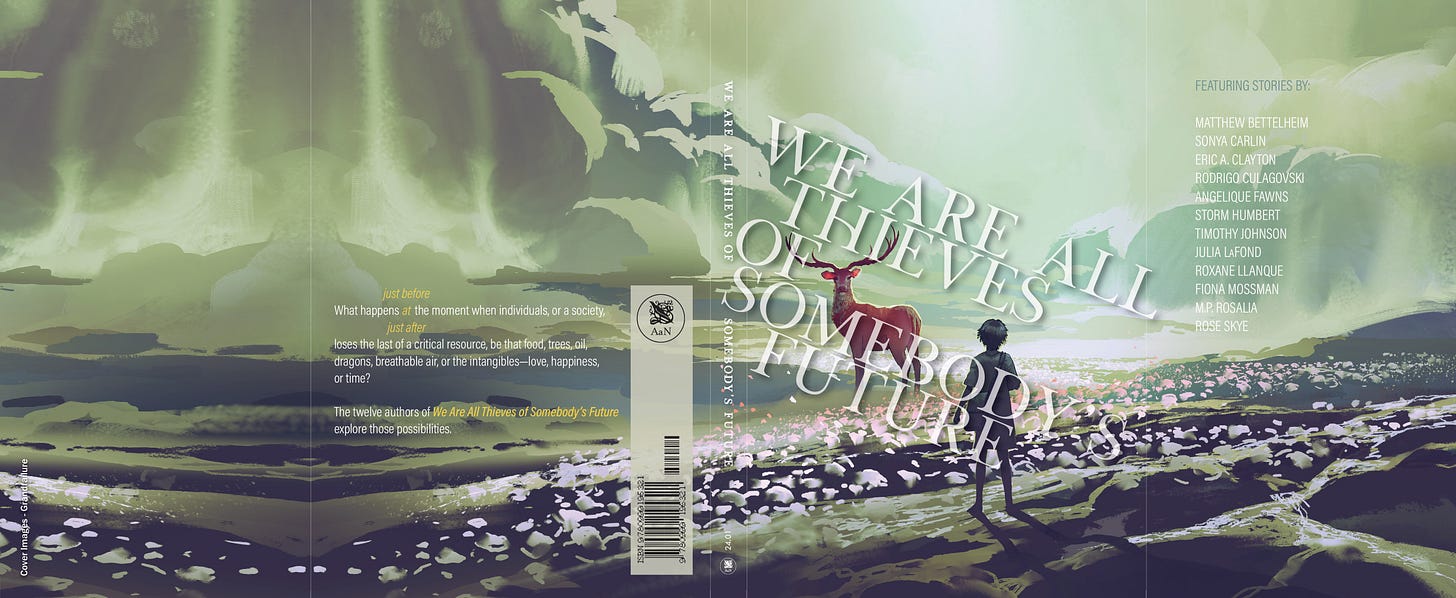This is the first part of a new mini-series introduced last week that I’m calling The Ignatian Myth & Narrative Project. If you want to learn what this is all about, read last week’s post here.
Lots of folks struggle to get started with the Spiritual Exercises of Ignatius of Loyola. It’s not hard to understand why. In the very first exercise of the very first week, Ignatius tells us to ask God for—at best—a peculiar “grace.”
Here it will be to ask for shame and confusion because I see how many have been lost on account of a single mortal sin, and how many times I have deserved eternal damnation because of the many grievous sins that I have committed. (Spiritual Exercises, #48)
Ouch. That is a tough place to start.
From there, the exercitant—or, the one going through the Exercises—is given a series of meditations in which he or she is asked to stare plainly at the many times they’ve sinned, fallen short, messed up, etc. As the week progresses, the “graces” asked for include “a growing and intense sorrow and tears for my sins,” “an understanding of the disorder of my actions” and “horror of them,” and so on.
It's no wonder so many people throw up their hands and say, “I don’t want anything to do with this!” Who wants to spend that much time meditating on their own faults? How does this focus on failure fit into our understanding of a God who simply desires to delight in us?
My own spiritual director, the Jesuit priest Jim Bowler, was very clear with me: The First Week is not meant to be a guilt trip. In fact, we’re meant to spend time meditating on sin in our world—both personal and structural—so as to see with growing clarity where God’s compassion, mercy and delight are needed. We are reminded that God continues to delight in us even in our shortcomings and mistakes.
But now, let’s add in a layer of myth. Because, in truth, the Spiritual Exercises are meant to be a spiritual adventure, and we’ve been cast as the protagonist. As the great mythologist Joseph Campbell writes, “Destiny has summoned the hero and transferred his [or her] spiritual center of gravity from within the pale of his [or her] society to a zone unknown” (p 48, The Hero with a Thousand Faces).
We’re being called to step beyond what we know and into uncharted territory. We are presented with a threshold and asked to cross over.
I’m struck by Campbell’s definition of a story’s so-called “herald,” or the one that issues the call to adventure. “The herald…is often dark, loathly, or terrifying, judged evil by the world; yet if one could follow, the way would be opened through the walls of day into the dark where the jewels glow” (p 44).
Certainly, in the First Week of the Ignatian Exercises, we might find ourselves feeling this way: dark, loathly, judged as evil. And, as Ignatius contends, we should be rightly terrified by this darkness. Is the herald of our stories, then, those mistakes we’ve made? Is it our anger at injustice so evident in the structural sins of our time—racism, sexism, economic disparity and so on—that goad us on to action?
As we look plainly at this evil, we feel something stir within us: How can we right these wrongs? What role are we being asked to play? How might our unique insights, gifts and experiences push back against these forces of darkness?
In her book on novel writing, Save the Cat! Writes a Novel, Jessica Brody maps out exactly what a protagonist needs in order to start a story: “a problem (or flaw that needs fixing); a want (or goal that the hero is pursuing); a need (or life lesson to be learned)” (p 10). The more flawed the hero, the better the story, she asserts.
One of the many gifts of the First Week—perhaps we’d be so bold as to name it a grace to be asked for—is an understanding of the many problems, wants and needs present in our lives, in our stories. If more flaws make for a better story, then maybe we’re on the right track!
So, what does this all mean? I think the wisdom of the First Week of the Spiritual Exercises is this: The darkness and disorder of our lives—both individual and communal—should not be seen as a condemnation but rather as an invitation, a catalyst. We must see clearly the stakes of staying in the old ways, the “pale” of our society. We must allow ourselves to be moved toward a threshold-crossing, born of a desire to encounter the God who delights in us, the glowing jewel beyond the terrifying and loathly sin we can now no longer unsee.
And in this long, loving look—to paraphrase the great Walter Burghardt, SJ—at our status quo, we begin to understand what we really want, what we need to learn in order to play our part, to answer the call of destiny.
There’s a reason this is the First Week. This is the very beginning of the adventure. And, in fact, it’s an adventure we never totally finish. Or, I’ll at least speak for myself—I bet I’ll have problems, wants and needs to sort through for the whole of my life.
Fortunately, I believe God’s call to adventure is a constant.
And another thing:
We’re just over a month out from the publication date of my next book, My Life with the Jedi: The Spirituality of Star Wars! Preorder your copy today and tell your friends!
I was super excited to learn that my intergenerational fantasy short story, “The Canticle of the Broken Tusk,” was selected as one of the twelve stories to be included in the upcoming anthology We Are All Thieves of Somebody’s Future by Air and Nothingness Press. I’ve been submitting stories to this press for years, so I’m really honored to finally make the cut!
And finally, I reviewed the new film, Freud’s Last Session, a fictional conversation between Sigmund Freud and C.S. Lewis, for NCR this week. Give it a read here.
Thanks for reading! Let me know what you think—and what I missed—in the comments below.





Love this introduction to the Spiritual Exercises...so helpful!